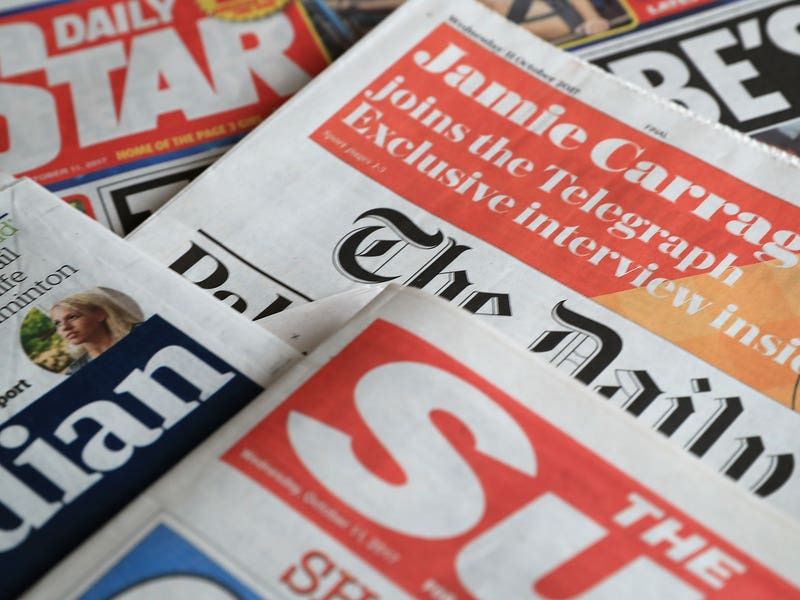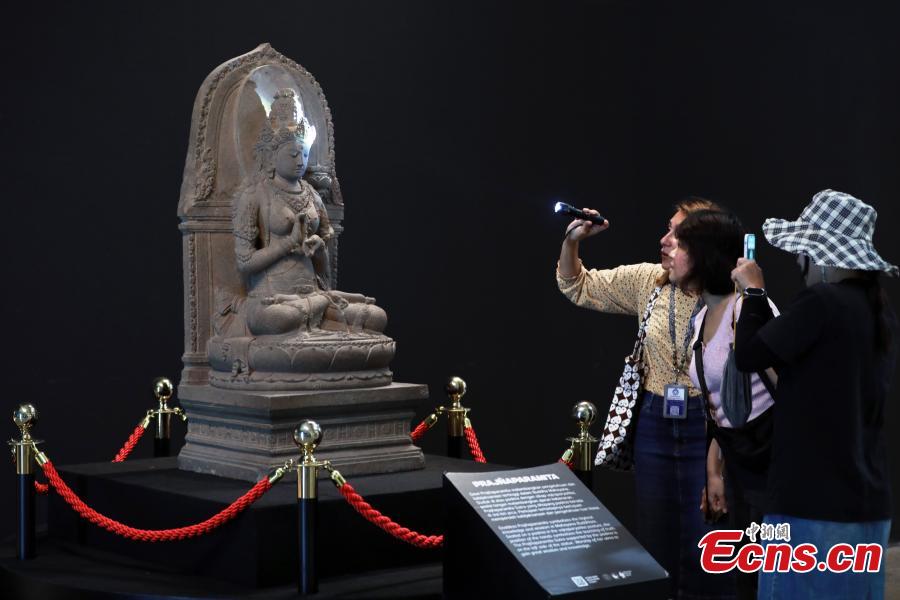
When Mariel Middlebrook was in college, she worked at Oddfiellows Playhouse in Middletown, Conn., teaching in an after-school program and running a mentoring program. It was there that she decided she wanted to be a teacher.
So Middlebrook, a native of England who has family roots in Mexico and Iowa, decided to enroll in a master’s program at the University of Illinois. She decided to make the community her long-term home. In her third year at Urbana High School, Middlebrook teaches dual-language social studies.
“Mariel is dedicated to ensuring students in her dual-language classes get a true multilingual education,” Principal Jesse Guzman said. “Students learn about the world, different cultures, and are challenged to think from multiple perspectives. She is a fierce advocate for her students to ensure they succeed academically.
” I find my work important because ...
it allows me to engage with young people and form meaningful relationships at a pivotal time in their lives when they are deciding what they want their futures to look like. I particularly love the bilingual aspect of my job, as it gives me the opportunity to witness students’ academic development in two languages. Additionally, our classroom discussions are enriched by the diverse experiences of students from many different countries, offering unique and varied perspectives.
I became a teacher because ...
I wanted to make sure that there was a safe adult in the classroom for every student. Every young person deserves a chance to be their unique and authentic self. The most unique lesson I teach is .
.. the “personal artifact project.
” In this lesson, students bring in an item that represents their “personal culture.” This could be something connected to their family, friends, cultural heritage or simply an object they are emotionally attached to. We use these items to explore primary sources, historical artifacts and the formation of culture through hands-on personal exploration.
I’m a big fan of active history and try to incorporate as many teaching resources from museums and local sources as possible. I also teach sociology, where we engage in creative projects that apply the theories we study in class. In particular, I enjoyed teaching our “surveillance” unit where we analyzed the role of cameras in society.
My most fulfilling moments on the job are when ...
students find meaningful connections with the content, each other and their teachers. These connections aren’t always academic; they can also be social. I love seeing students create moments of community and solidarity.
Sometimes, they use the classroom as a place to find reprieve from the outside world, and other times, they’re excited by the lesson content. I also love learning about what my students are passionate about and what excites them. I keep students engaged by .
.. encouraging them to take an active role in class projects.
I still remember the “mock trial” my sophomore world studies class participated in, where they worked in two groups to investigate the outcome of a historical event in Mexico. The students became so engaged that they eventually took over the entire project. Some of them still reference “el juicio” and joke about which team won.
Something else I’m passionate about is ...
biking, spending time with my loved ones, and my pet rats. The teachers who influenced my teaching style most were ..
. Mr. Barnett (history), Ms.
Lewthwaite (English), Ms. Johnson (English) and Ms. Nikanjam (math).
Shout out to Lukasz Konieczka, the LGBT youth group leader who taught me just how meaningful positive connections with adult role models can be. If I weren’t a teacher, I would be ..
. an anthropologist. ANTHONY ZILIS.










